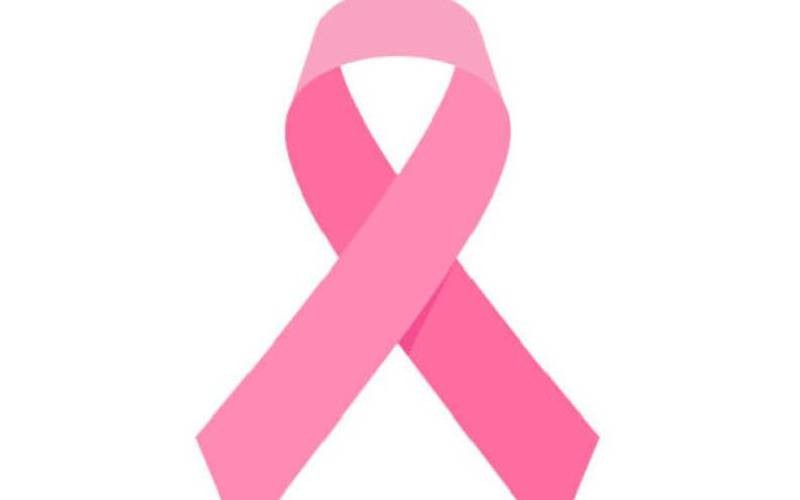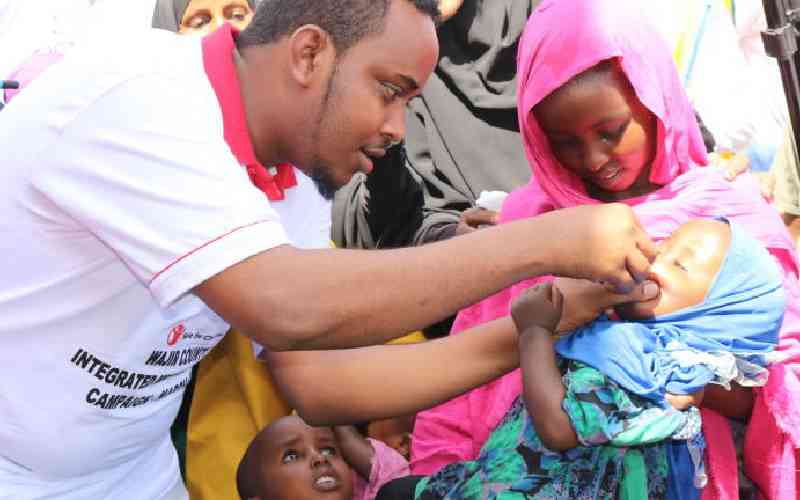
Nairobi will this week host Africa’s largest summit on diagnostics, bringing renewed focus to the continent’s fight against antimicrobial resistance (AMR), a growing public health threat driven largely by poor diagnostics and the widespread misuse of antibiotics.
The ASLM Special Convention on Diagnostics, convened by the Africa Society for Laboratory Medicine (ASLM), begins tomorrow, November 25. The forum highlights the vital role of laboratory systems in ensuring accurate diagnosis, proper prescribing, and responsible use of medicines, especially antibiotics. “This convention could not have come at a better time,” said Ndlovu Nqobile, CEO of ASLM. “Africa is grappling with antimicrobial resistance due to poor diagnostics, which burdens public health and causes preventable suffering and deaths.”
Nqobile emphasised the urgent need to strengthen laboratory capacity across the continent, arguing that high-quality, reliable tests are essential to slowing the spread of AMR. “Our laboratory footprint as a continent is not vast enough to meet the needs of the population. That is a problem because people are often misdiagnosed, or they walk into pharmacies to buy drugs that have not been prescribed,” he said. “Cumulatively, you end up creating a situation where the body no longer responds to drugs. That is what we need to address.”
Antimicrobial resistance, fuelled primarily by persistent antibiotic misuse, is emerging as a major health challenge across Africa. Weak laboratory systems remain a key driver of the problem.
AMR is estimated to cause around 200 deaths daily in sub-Saharan Africa, a toll experts say is largely preventable with proper diagnostic services.
- Why our go-to antibiotics can no longer protect us
- Study warns of drugs resistance surge in Africa
- Why you need to think twice before taking antibiotics from local pharmacies
Keep Reading
In many African countries, up to 90 per cent of medical cases are treated without any confirmatory tests, largely due to the absence of functional laboratories or the unreliability of existing ones. Only about ten African countries have national AMR surveillance networks that regularly submit quality-assured data to the WHO’s Global Antimicrobial Resistance and Use Surveillance System (GLASS).
Access to basic culture and antibiotic susceptibility testing (AST) also remains severely limited outside major urban referral hospitals, leaving vast populations without essential tools for accurate diagnosis.
Compounding the crisis is the widespread availability of antibiotics without a prescription, with pharmacies frequently dispensing them over the counter. Health experts warn that strong diagnostics must underpin responsible prescribing practices.
The summit brings together policymakers, laboratory experts, health economists, donors and industry stakeholders to foster collaboration and drive targeted interventions in diagnostics and AMR surveillance.
The organisers hope to strengthen the continental response to AMR through enhanced diagnostic and surveillance capacities and mobilise the political and financial commitments necessary to implement national and regional AMR action plans effectively. They also hope to facilitate dialogue on innovative and sustainable financing mechanisms, tailored to African contexts. “The development of a people, in commerce, technology or social aspects, is strongly anchored in a robust health regime. For Africa, that starts with ensuring that we have the right laboratory infrastructure, the right people to run the labs, a supportive policy environment, and an empowered population that truly understands that health is wealth,” Ndlovu said in ending.
 The Standard Group Plc is a multi-media organization with investments in media
platforms spanning newspaper print
operations, television, radio broadcasting, digital and online services. The
Standard Group is recognized as a
leading multi-media house in Kenya with a key influence in matters of national
and international interest.
The Standard Group Plc is a multi-media organization with investments in media
platforms spanning newspaper print
operations, television, radio broadcasting, digital and online services. The
Standard Group is recognized as a
leading multi-media house in Kenya with a key influence in matters of national
and international interest.











